Everything you Need to Know About Seattle Jumbo Mortgages

If you are shopping for homes in the King County area—any price over $679,650 may put you in need of a jumbo loan. Just a few miles north, in nearby San Juan County, it's 200k less than that.
Some banks also set limits on jumbo loans. Some will go over $2 million. Other banks will not. The more common conventional loans are only available up to $679,650.
It's Freddie Mac and Fannie Mae who manage the limit on these more common loans. They are not in the business of backing higher loan amounts. So, banks take all the risk when it comes to jumbo loans, hence the need for additional qualifications.
There are a few misconceptions about this type of mortgage. The term "jumbo" can suggest huge payments, for example. But when the payments are analyzed by a percentage of the loan amount these types of mortgages are typically the same cost to obtain.
Today, there are quite a few new features of jumbo loans that are positive for borrowers.
For banks to stay competitive, some offer attractive rates and lower payments. And, excellent benefits as the loan matures. For shoppers, it is vital to look around.
And, ask questions.
If you are looking for a Seattle jumbo mortgage, we've put together a list of the most common questions we have seen come across our desk. This information will help get you on track for approval.
What's the Necessary Credit Score?
Since banks are taking on more risk for these higher loan amounts, they expect a higher credit score of 700 to 720, the general rule when going jumbo is, the higher the credit score, the easier the process.
In some cases however, there is wiggle room, but don't expect much. The lowest credit score is at 680. Check yours here for free. Think of it like this, if someone is buying more than the county average, has a low credit score and a low down payment, would it be a surprise if the lender who takes on more risk with Jumbo says no to that scenario?
What Documentation Do I Need?
The supporting documentation centers around both income and debt. So, if you have your own business, you'll need to provide tax returns for the lender to properly calculate your debt to income ratios.
Mostly always asked for:
- Length of employment
- Monthly expenses
- Current or past mortgage history
As with any mortgage application, the bank requires a fair amount of supporting documentation to be reviewed.
You must show you are responsible for paying a debt, of course. But, a jumbo loan is also free from some of the standard mortgage rules because it is not a government backed program.
Depending on the lender, there may be some more freedom in some situations. For example, if your business is a new one, a conventional loan may be much more difficult to get than a jumbo loan because you cannot show enough cash flow, post taxes, but have enough revenue coming in that you can qualify based on bank statements.
Keep in mind, the property you are buying with a larger loan comes under more scrutiny, though. Most banks will ask for more than one appraisal of the property if you are borrowing more than $1 Million.
[DOWNLOAD THE FREE MORTGAGE DOCUMENTS CHECKLIST HERE]
Are the Rates Higher for Jumbo Loans?
For most lenders, the rule of thumb is to place higher rate on a Seattle jumbo mortgage. But, the slow-recovering economy is prompting banks to become more competitive, and thus an opportunity is created for you, the buyer.
And, some banks are offering great perks for borrowers instead of 30 yr fixed interest rates. For example, adjustable rate mortgages are more of the standard than the exception these days.
Savvy buyers understand that they will own the house for a specific amount of time and have an exit strategy in place before buying. Knowing your timeline allows you, the savvy buyer, to only take out a mortgage for the time-period you plan on being in the home. Having a 30 yr fixed mortgage when you plan on selling the home in 5 years is like being over insured, at a certain point, it is just wasted money.
If you are unsure, there are longer term options for ARM borrowers which won't adjust the rate until seven or even ten years from the day you sign your final paperwork.
How Much Do I Need in Cash Reserves?
Because banks hold these loans on their books, without federally backed insurance, they'll need to know you can cover your mortgage payment, even if times get rough.
Most banks want borrowers to have 90 days worth of loan payments on hand. And your debt-to-equity ratio should be at 42% or lower.
What's the Difference Between a Jumbo Loan and Other Loans?
One difference between the two is that banks cannot easily sell off a jumbo loan after closing. They can sell conventional loans since they have the backing of Freddie Mac and Fannie Mae but non government backed loans are subject to an investor’s appetite for risk. Typically, once the jumbo loan is finalized, it will stay with the company that originated the loan.
This government backing for conventional loans offers the lenders security should the loan default. Without this government support, banks must follow stricter guidelines for higher loan amounts.
Homes with higher prices can be more difficult to sell should they have to foreclose since there are less people who are able to afford the higher sticker price. In fact, some foreclosed jumbo homes may stay on the market for years.
For this reason, lenders do not provide jumbo loans for borrowers who are currently in foreclosure or undergoing the short-sale process.
Do I Need a Larger Down Payment?
The standard down payment for the more massive loans is 20% of the sale price. And, some lenders need more or less depending on the borrower.
At Seattle’s Mortgage Broker we have access to lenders who allow for as little as 5% down on a jumbo mortgage purchase.
For example, if the lender deems you a low risk then they will be more willing to allow a lower down payment.
Banks will use a loan to value determination. Using the appraisal value of the home, a 10% down payment results in a 90% loan to value (LTV).
What is the Rule for Debt to Income Ratio?
The debt to income ratio is typically capped at 43% but can vary slightly depending on what the lender calls Compensating Factors such as great credit, job history, available assets after down payment, etc.
To give you an example, up to a 50 % debt ratio is considered standard for a conventional loan.
Is It Harder to Get Approval for a Jumbo Loan?
The requirements for a bigger loan can be lengthy. But, there are also circumstances when the bank can relax it’s rules, it is important to speak with a mortgage consultant to take the correct first step.
For example, some banks with loan amounts of over $1 million but under $2.5 million do not need mortgage insurance. And, some lenders offer a low 5% down payment along with it.
In most cases, for the borrower, their debt-to-income ratio will need to be less than 43%, and the rate of the loan will be the same or only slightly higher (at least 0.25-percent higher, in most cases).
What's the Interest Rate for a Seattle Jumbo Mortgage?
Seattle area conventional and jumbo loans are more affordable, too. In some cases, rates for the higher loan amounts equal those for traditional loans.
Low interest were not the case for many years. And, this includes every category. From 30-year fixed rates to 3/1 adjustable-rate mortgages, prices are declining. Decreases from last year clocked in at 0.05-percent to 0.12-percent.
Most agree it is vital to shop at least three lenders for best prices and conditions.
Are Jumbo Loans Available for Investment Property?
Jumbo loans and super jumbo loans are often necessary for investors. Those who are looking to buy multi-unit properties, for example.
But be aware, if you are buying a property that is 5 or more units then it is no longer considered a residential mortgage and is now a commercial transaction. Purchases of properties with 5 or more units are not subject to the same restrictions RESPA has put on conventional, primary residence mortgages.
In this case, an investor has a higher limit on conventional loans. But, for those who need a jumbo loan, banks do set their limits. For example, some set the limit at $1 million. Others may be $2 million while some lenders will go above $5 million for the well qualified.
Any amount above $2 million is considered a super jumbo loan. Those buying vacation properties in sought after areas may need to spend more, too. Borrowers buying a property that will not be a primary home have additional rules as well.
For vacation or investment jumbo loans, there are more requirements, but they tend to be ubiquitous. For example, anyone purchasing a rental income property must prove incoming rent via an fully executed rental contract or executed contract with no less than 90 days remaining for the property management company.
Are There Other Options for Higher-Priced Property?
For those who are buying a property over the conventional limits, there are options. Some decide to break up the loan and get both a first and second mortgage but these can have their own downsides because of increased time and cost.
n this case, careful work with a mortgage broker is vital. Brokers can avoid the more restrictive nature of a jumbo loan by introducing you to lenders who are specifically built for jumbo loans and xyz criteria. If you go to a bank you are subject to their pricing and rules with no other options except to leave and go somewhere else
Since banks are taking less risk with two conforming loans types via Fannie Mae and Freddie Mac, they are not incentivised to provide the best rates or service on a jumbo loan like a mortgage broker is.
There are more options in lieu of a Jumbo, such as a substantial down payment. This lump sum can reduce both the amount borrowed and monthly payment but can also qualify you for better pricing incentives from the lender due to the larger than average down payment.
Are There Any Perks for Borrowers?
Investment Banks have become more competitive with requirements and rates on their jumbo loans, the downside to these institutions is you need a mortgage broker to access the lower rate and fee structure.
So, when borrowers know all of their options, they can reap some pretty choice rewards.
In some cases tThe terms of the loans can mirror conventional loan terms. So, choices include fixed rates as well as adjustable rates.
Can I Get Approval Through a Broker?
The hard work of getting approved can be easily accessible to someone looking to buy a house in Seattle and it’s surrounding areas.
Working with the right broker will get answers to your questions and help you feel much better about your decision to purchase in the Seattle market.
Once you have found someone you trust, finding and closing on your dream home will be a smooth and straightforward process.
A broker can help with everything from introducing you to a real estate agent in your preferred neighborhood to advising on best rates. And best of all, they know the market. If a good deal is available, they'll know about it!
We Work in Seattle and Beyond
Our 15 years of experience has taught us a lot about how crazy the Seattle housing market can be. Whether you are looking for a first time home, moving up, or downsizing, we know what's available and how to help you get it.
And, if it's a conventional loan or a Seattle jumbo mortgage, we know those, too. We'll help you find the perfect home and the best rates on the market.

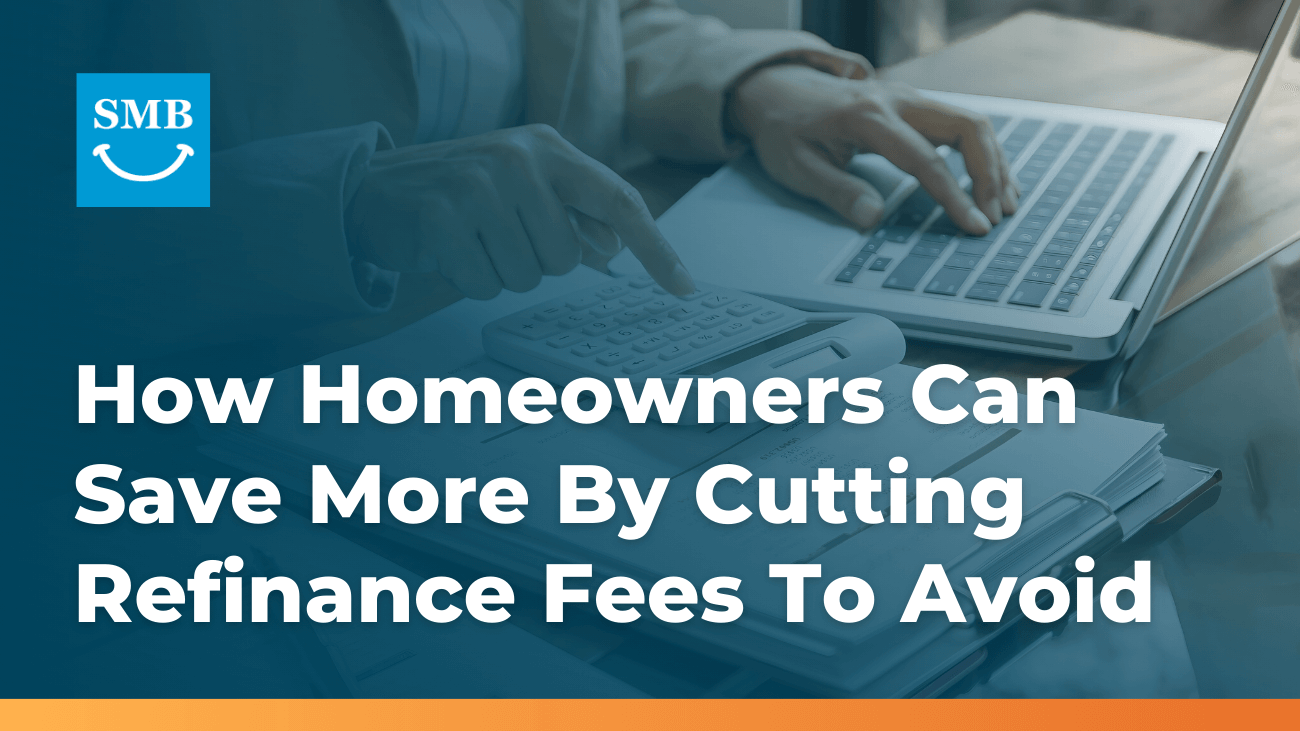
How Homeowners Can Save More By Cutting Refinance Fees To Avoid

The Ultimate Guide to the Best Suburbs of Seattle
Should You Use a Mortgage Broker? Everything You Need to Know First
How to Find the Right Neighborhoods in Seattle for Your Budget and Lifestyle

Warrantable vs. Non-Warrantable Condos: What Every Buyer Needs to Know Before Financing

How Much Does It Cost to Refinance a Mortgage in Seattle? A Homeowner’s Guide
.png)
How Often Can You Refinance Your Home?
.png)
The Complete Guide to For Sale By Owner (FSBO) in Seattle

10 Questions Every Seattle First-Time Home Buyer Asks

What is a Non-Warrantable Condo?

Ultimate Seattle Mortgage Loan Documents Checklist
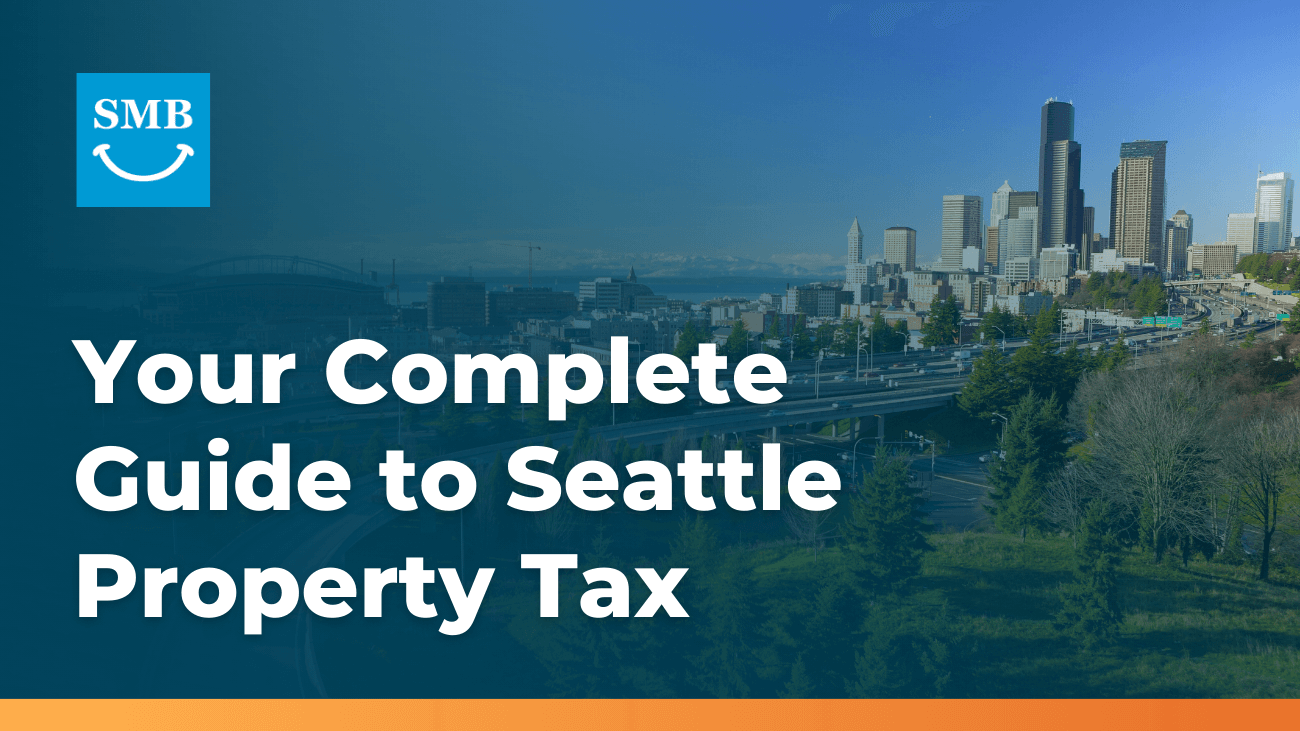
Your Complete Guide to Seattle Property Tax

Why You Should Work with a Mortgage Broker

Where to Find the Best Local Mortgage Broker

Where Are The Best Places To Live In Seattle?

What’s the Best Way to Save Money for a House in Seattle?

When is the Best Time to Refinance a Home?

What is the Jumbo Loan Limit in Seattle 2020?

What You Need to Buy a House in Seattle

What Is a Jumbo Loan and will you need one when moving to Seattle?

What is the Jumbo Loan Limit in Seattle?

What Is A Non-Warrantable Condo?

What is the Best Down Payment Amount on a House in Seattle?

What is PMI Mortgage Insurance? And Why It Is Not As Bad As You Think

What Is A Cash-Out Refinance?

What do Home Loan Underwriters Look For?

What Down Payment Do I Need for a House?

What Are The Costs of Buying a Home?

What Are The Best Neighborhoods In Seattle For Families?

FAQ: What Are the VA Home Loan Requirements?

WEST SEATTLE JUNCTION ; Seattle Neighborhood Tour

What are RSUs and How to Spend Them

Understanding Mortgage Down Payments

Top 5 Seattle Suburbs to Buy In 2021

Understanding Down Payments in Seattle

The Ultimate Mortgage Document Checklist
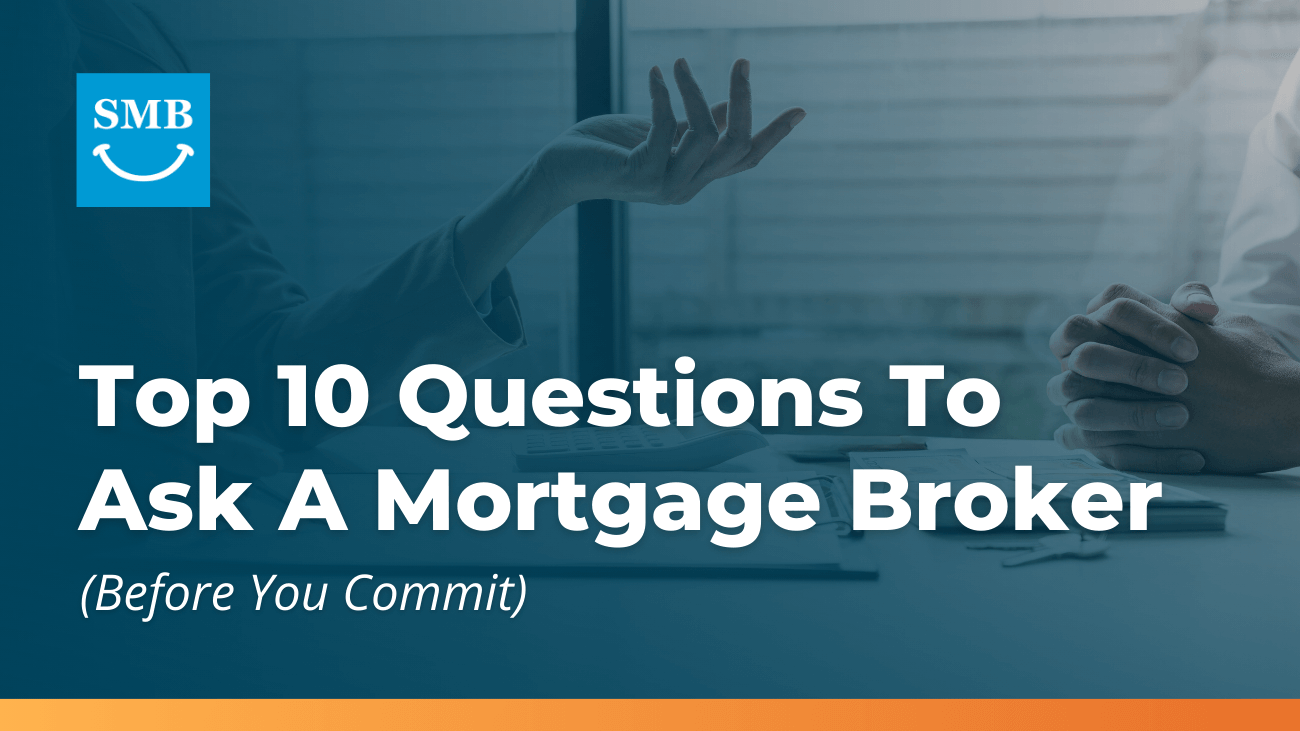
Top 10 Questions To Ask A Mortgage Broker (Before You Commit)

The Worst First-Time Homebuyer Mistakes

The Top 5 Seattle Suburbs for 2020

The Best Seattle Neighborhoods in 2020

How to Find the Best Mortgage Refinance Companies in Seattle

The Best Seattle Neighborhoods for Families

The Best Neighborhoods in Seattle to Buy a Home

The 7 Best Seattle Suburbs for Families

Seattle Neighborhood Guide: The Top 10 Most Affordable Places To Live In Seattle

SOUTH LAKE UNION ; Seattle Neighborhood Tour

Seattle Summer Housing Market Guide 2020

Seattle Housing Market Update 2020

Seattle Housing Market Hacks

Save Money When Buying a House in Seattle

Save Money on Your Mortgage Refinance

Moving to Seattle with a Family? Here's the BEST Suburbs For You!

Refinancing To Reduce Your Bills and Increase Available Cash

Neighborhoods in Seattle to Buy a Home 2020

Real Estate Trends in Seattle

Mortgage Down Payments in Seattle

MAGNOLIA ; Seattle Neighborhood Tour

Mistakes to Avoid with Cash-Out Refinance

How to Refinance Your Home in 9 Steps

Jumbo Loan Limit vs Conforming Loan Limit in Seattle for 2021

KIRKLAND ; Seattle Neighborhood Tour

Jumbo Loan Limit in Seattle for 2021

ISSAQUAH ; Seattle Neighborhood Tour

Is My Credit Score Good Enough to Buy a House?

How to Buy a House; Home Buying 101

How to Lower Your Monthly Mortgage Payment

How to Get the Best Rate for Your Home Loan

How to Buy a House for Less

How Much Home Can I Buy in Seattle?

How Much Do You Really Need for a Down Payment in Seattle?

How Much Home Can I Afford?

Home Price Forecast for Seattle 2020

How Hot is the Seattle Real Estate Market?

How Hot is the Seattle Real Estate Market in 2022?

Home Inspection Questions You Need to Ask

Do You Need a Realtor to Buy a House in Seattle?

FHA vs. Conventional Loan: Which Mortgage Is Right for You?

Find the Best Mortgage Lender for Your Home Loan

Federal Housing Administration Loans 2021

Down Payment Requirements in Seattle

FACTORIA and SOMERSET ; Bellevue Neighborhood Tour

Everything you Need to Know About Seattle Jumbo Mortgages

Everything You Need to Know About VA Loans

Advice To A First Time Home Buyer: Down Payment Assistance Programs Exist for Millennials

CROSSROADS ; Bellevue Neighborhood Tour

Down Payment 101: How Much Money Do I Need to Buy a House?

COVID-19 Mortgage Help for Homeowners

Comparing ARM vs. Fixed Rate Mortgage

Can I Afford To Buy A Home In Seattle?

Choosing the Best Lenders for Home Loans
How to Use Restricted Stock Units to Buy a Home in Seattle

ARM v. Fixed Mortgage: Which is Right For You?

Ballard or Queen Anne? The Best Neighborhoods of Seattle to Buy a House

Avoiding the Worst Seattle Mortgage Lenders

Are You Buying a House in Seattle? Here’s the Ultimate Survival Guide
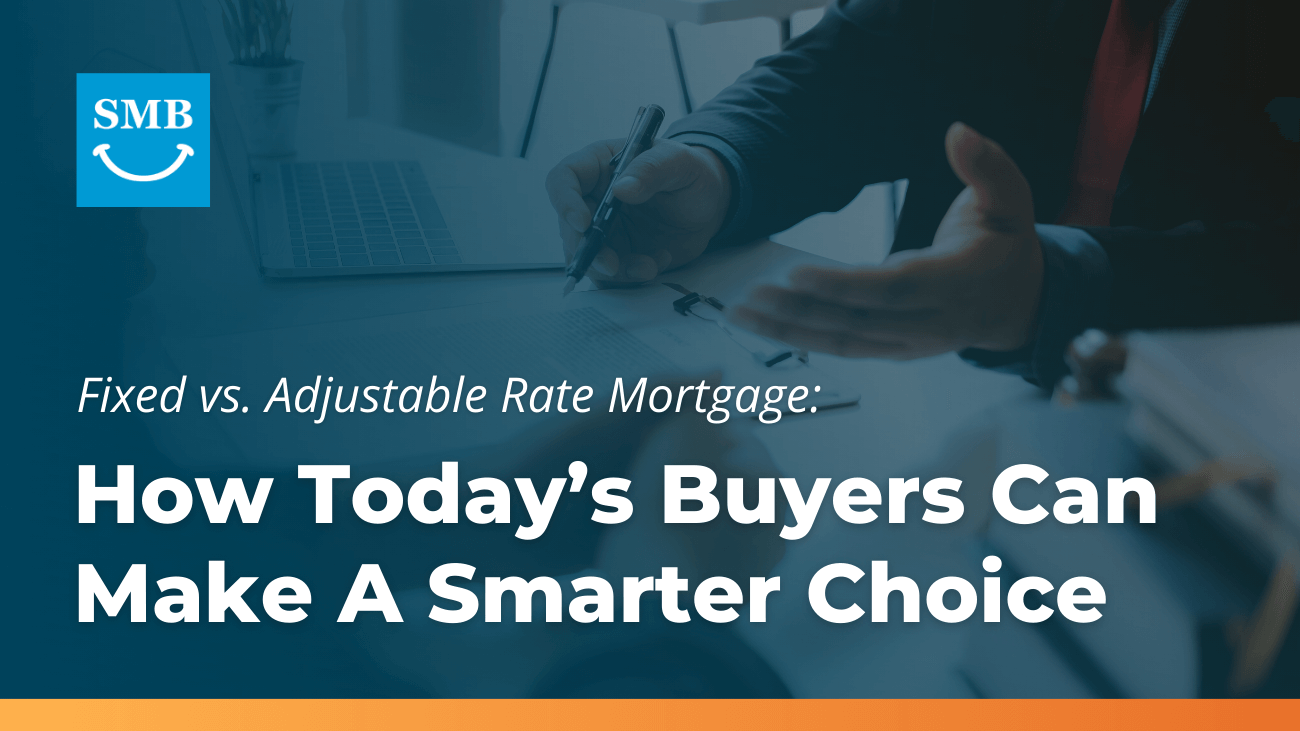
Fixed vs. Adjustable Rate Mortgage: How Today’s Buyers Can Make A Smarter Choice

ALKI BEACH ;; A Seattle Neighborhood Tour

A Complete Guide to Refinancing Your Home Loan


















